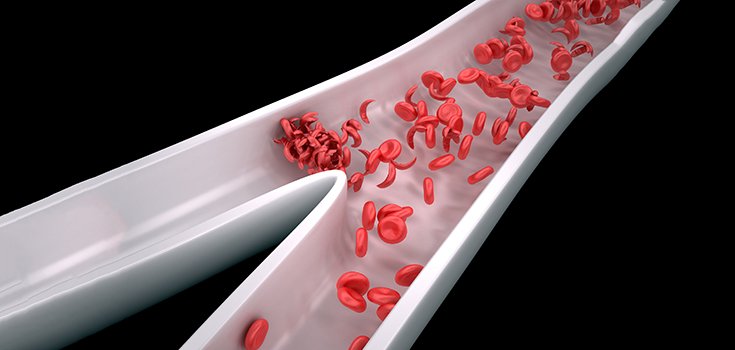Having a Sickle Cell Trait May NOT Increase Risk of Premature Death

It has previously been thought that having a sickle cell trait may increase an individual’s risk of premature death. However, new studies suggest that this may not be the case. Instead, other risk factors such as obesity, old age, and smoking might actually be the culprit instead of sickle cell.
Researchers, however, have found that having the sickle cell trait can increase the risk of exertional rhabdomyolysis, which is a condition that can wreak havoc on a person’s kidneys and muscles. Although death is a dramatic and worst case scenario, it can be prevented through proper training and ensuring adequate hydration. This condition is most common amongst athletes and those who are incredibly physically active. [1]
Previously, research on this topic was largely anecdotal, and researchers were not 100% aware of some’s sickle cell status. However, they have been able to pinpoint this topic by looking back at army records where each new recruit is tested of sickle cell upon arrival.
Records of 47,944 African-American soldiers who served in the Army between 2011 and 2014 were studied. The researchers note that they used the records of exclusively African-Americans because, although people in other ethnic groups may have sickle cell, it is African-Americans who are most susceptible.
Those who worked on the study then adjusted for a variety of factors, including age, sex, and physical fitness. It was found that having the trait increased the risk of exertional rhabdomyolysis by a whopping 54%, but did not increase the risk of premature death.
Dr. Lianne Kurina, an associate medicine professor at Stanford and study author, stated:
“The most important thing to come out of this study is the really reassuring news that under conditions of universal precautions against dehydration and overheating, we don’t see an elevation in the risk of mortality in people with sickle cell trait.” [2]
These findings suggest that it may be possible that testing for a sickle cell trait when entering the military or other sports professions could be unnecessary. However, it is noted that this study did not have a control group, making it difficult to find it fully conclusive.
Sources:
[2] Fox News
